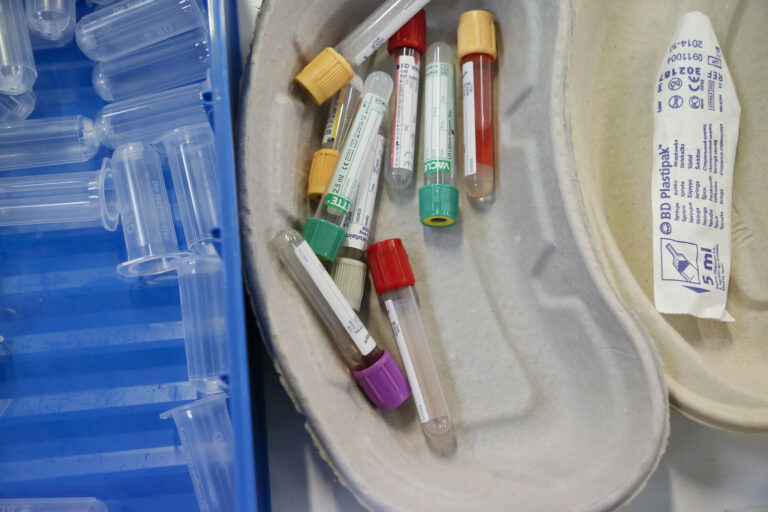Pfizer should make ethics a priority
Pharmaceuticals company Pfizer pays out up to 53 million euros to settle legal claims relating to a controversial drug trial in Nigeria. “It’s a pity that Pfizer still won’t admit blame,” says Annelies den Boer at Wemos. “Pfizer should make ethics a priority.”
During an outbreak of meningitis in Kano (Nigeria) in 1996, two hundred children were given medicines free of charge by Pfizer. Half were treated with the established drug Rocephin (Ceftriaxone), while the other half received the experimental drug Trovan (Trovafloxacin). Eleven children died, others were paralysed or suffered brain damage.
Reprehensible
The British documentary Dying for Drugs and investigations by the Centre for Research on Multinational Corporations (SOMO) revealed that Pfizer failed to obtain consent from the sick children’s parents before carrying out the trial. Nor were the parents told that the treatment offered was experimental. This was all the more reprehensible because an effective meningitis drug was already available, and was being dispensed in the region by the charity Médecins Sans Frontières.
Furthermore, in Dying for Drugs, it was suggested that the research protocol had not been approved by an ethical review committee and that Pfizer antedated an official letter to make it appear that such approval had been obtained in good time.
Serious
Pfizer nevertheless still refuses to admit that it did anything wrong. The company claims that the trial was conducted responsibly and that the drugs provided saved the lives of numerous children. Parental consent, Pfizer argues, was obtained verbally through a local nurse.
It is indeed the case that no direct link has been proven between participation in the trial and the deaths and residual health problems among the children. What is known is that Trovan has serious side-effects, which persuaded the European Commission to withdraw the drug’s licence in 2001.
Independence
Under the settlement with the Kano state government, Pfizer has promised to establish a fund for Trovan trial participants, to underwrite various local health care projects and to pay the state government’s legal costs. “Three of the six people on the board of the victims’ fund are to be appointed by Pfizer,” commented Annelies den Boer. “We are concerned about the implications of this arrangement for the independence of the fund.” Den Boer believes that an independent party such as the World Health Organization should have been involved in the management of the fund.
In 2008 and 2009, Wemos published reports on the ethical issues surrounding the performance of clinical trials in developing countries. The foundation wants to see tighter regulation, especially in the context of the licensing of new pharmaceuticals for the European market, and closer ethical scrutiny of trials in less prosperous countries.
Related news
-
 EU health data law rolls out the red carpet for Big TechPosted in category:Long read
EU health data law rolls out the red carpet for Big TechPosted in category:Long read Irene SchipperPublished on:
Irene SchipperPublished on: -
Civil society coalition urges EU to put the interests of patients and citizens at the heart of the European Health Data SpacePosted in category:Published on:Statement
-



